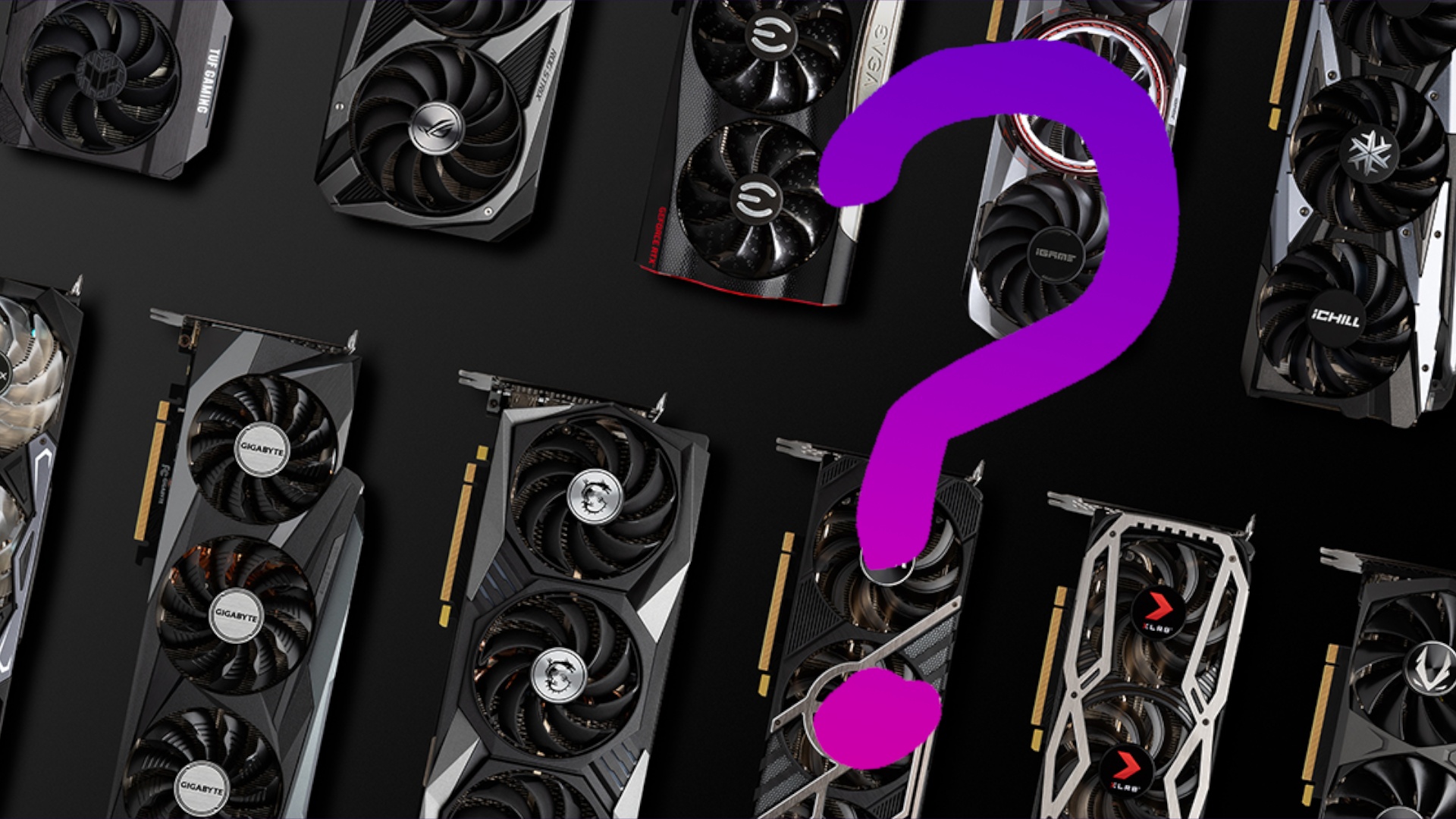Mistakes happen. In most cases this is annoying and you try to get rid of the faux pas as quickly as possible. But sometimes mistakes can happen, which we are really happy about. Most of these are other people’s faults.
This is what happened with the Reddit user u/ILikeBurritosALot. He had purchased a new RTX 3080 from an unnamed online retailer. Instead of the desired graphics card, however, he got a slightly better model: an RTX 3080 Ti.
As he explains in a comment, the incident was a few months ago. However, he has only now made his luck public via Reddit. A completely different strange GPU case, which is about a graphics card that is much too slow, can be found here:
Redemption after four years: player gambles 3,000 hours with the wrong GPU
In the comment, the Reddit user reports that the RTX 3080 Ti received had a small error in the form of a defective fan. Nevertheless, he has kept the card so far and repaired the fan himself. His fear: If he had sent back the defective card, an RTX 3080 that he had actually ordered would have been sent back to him instead.
link to Reddit content
At the same time, however, he has given up any warranty claims for the future in the event that another defect should arise later. A risk he is very willing to take.
Do you have to send back a graphics card that is too good?
For the Reddit user, the story will probably remain without further consequences. He is happy about his better card and the free benefit. But what is the legal situation in Europey?
If too many items are accidentally sent, the situation is clear: the buyer must report the error to the retailer and ensure that the excess products are sent back to the seller – but the retailer bears the costs incurred. You can find such a case, for example, described in this article by our colleagues from Mein-MMO:
In this case, however, not too much was sent. Instead, the buyer accidentally got a product that was too good. Can you just keep it then?
That’s what the attorney says
We have with the lawyer Jens Thurn for IT law, data protection and copyright asked. His assessment is clear: there is no obligation for the buyer to provide information.
In fact, according to Europe law, there is no obligation on the part of the buyer to notify the seller as the primary services arising from the purchase contract in the specific case. Anyone who wants to assert rights must actively demand them. Jalso in the relationship between the seller and the buyer and according to the principle.
According to Thurn, there is also no obligation to notify in this case about the legal ancillary obligations such as consideration for the interests and assets of the other contractual partner:
First of all, as a seller, I myself have the obligation to check my outgoing goods. The buyer can then rely on the fact that the seller wanted to hand over exactly the specific goods to the buyer for the agreed purchase price. To impose on the buyer, as part of a secondary obligation, a notification to the seller that the goods delivered are of a higher quality than those ordered goes too far in my opinion. Therefore, the secondary obligations do not result in an active notification obligation on the part of the buyer.
Some links included on this page are affiliate links. Depending on the provider, GameStar receives a small commission for purchases made via these links without affecting the price.
More info.
However, if the seller notices his mistake himself, he can request the return of the higher-value goods, because: The necessary contract to be allowed to keep the goods is then simply missing
, says Thurn. However, the seller has to bear the costs for this himself and the buyer can wait with the return until he has received the actually ordered goods.
Have you ever accidentally received too much or a product that was too good? And how did you deal with it? Would you honestly send the lucky find back? Or just keep it quiet and secret? We look forward to your opinion in the comments!









